I have discussed educators as model learners before: The educator's role has or should change in this age of information abundance or Education 2.0-3.0. The educator's role has always been to model...
|
|
Scooped by Beth Dichter |
Beth Dichter's insight:
Has your role as a teacher shifted? Do you model being a learner with your learners? This post by Jackie Gerstein shares why it is important that the educator "needs to understand and be able to articulate and demonstrate the process of learning, him or herself."
How can you go about doing this. Gerstein recommends that "educators pick something new to learn and practice doing the following: (below quoted from the post)
- Explicitly state and record the metacognitive process while learning.
- Demonstrate and articulate the actual steps of learning.
- Record the stages of artifact development.
- Understand and embrace the iterative process of learning.
- Use and demonstrate the self-evaluative reflection process.
Gerstein then discusses each of these five steps/procedures/strategies, providing links to additional resources as well as one additional visual as well as a video that looks at how the learning process is iterative (and may provide you with an idea you would like to do with your class).



 Your new post is loading...
Your new post is loading...
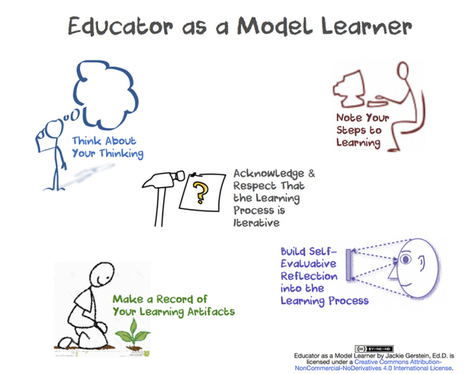

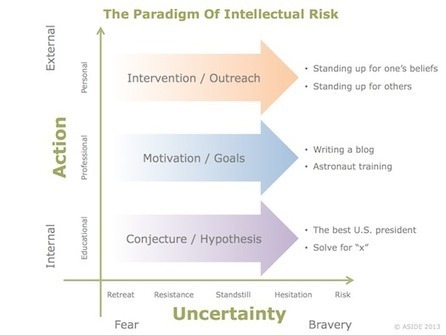
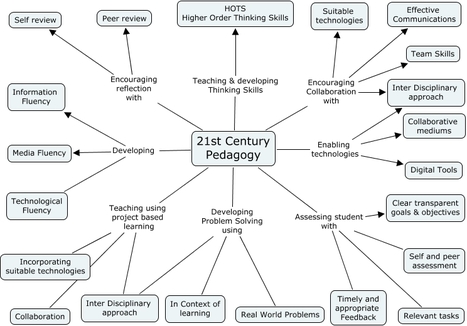

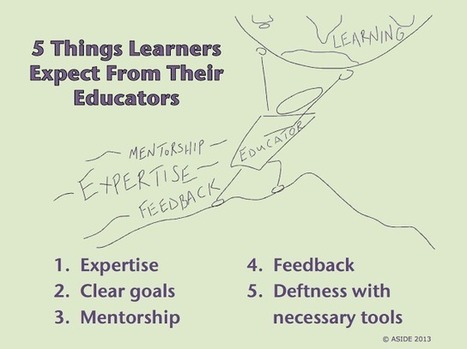
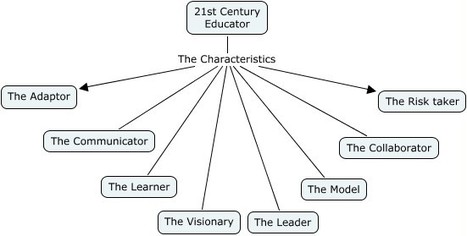





If we want to build expert learners...we need to take the time to model this ourselves.
The "Sage on the Stage" model must give way to the "Guide on the Side". Concurrently the teacher must model the learners mentality of facilitator of learning.